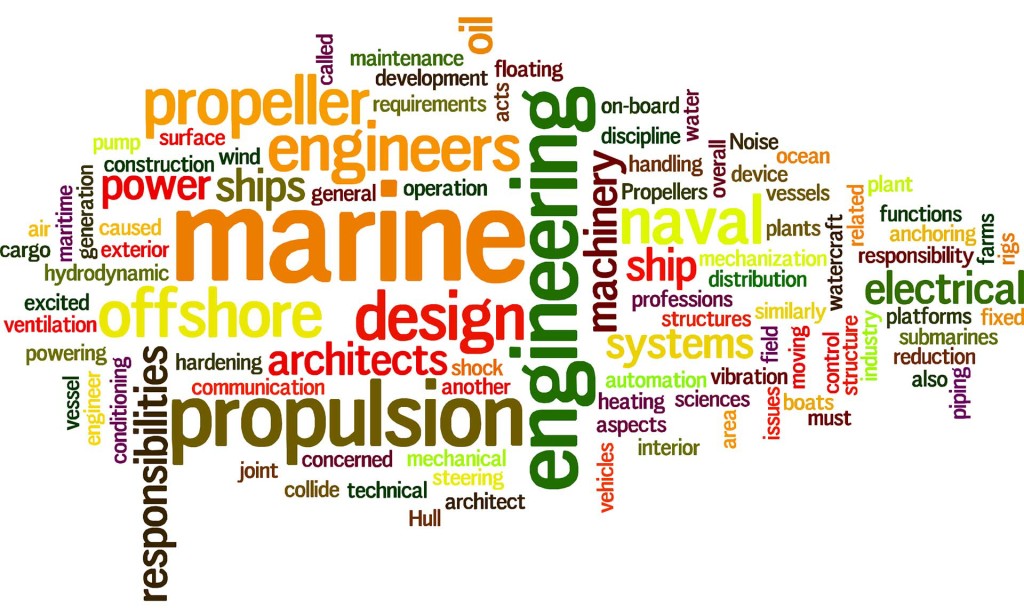What is Naval and Maritime Engineering?

Naval Engineering is the branch of engineering interested in the design of naval units and their maintenance during their operational lives. This subject concerns different kinds of shipbuilding: commercial, military, yachting and off-shore. This distinction is very important for the design aim, because depending on the application the designed object is intended to, it can change the systems on board, the structures and the materials used for the naval unit.
We can recognize three different branches in naval engineering: naval architecture, systems and shipbuilding.
Naval architecture is the discipline that study the hydrodynamic characteristics of naval units, in order to optimize their shape for reducing the drag force in motion.
The branch we called “systems” includes the study and choice of the main engines, machines, and all those systems necessaries to the operational life of the ship and its safety.
The structures sizing and the choice of materials is the object of study of shipbuilding, based on an accurate study of the loads which the naval unit has to deal with during its whole operational life.
Naval engineering is a very important branch of engineering, because it focus the attention on a strategic sector crucial for every country. In fact, the maritime trade plays a fundamental role in the global economy: it allows to transport raw materials, minerals or even finished products in much larger volumes than any other ground or air vehicle, safely and all over the world.
Among the subjects at the base of naval engineering, we have:
- the geometry of the floats, which is the study of the float in its parts and configurations;
- hydrodynamics, which is the field of physics that studies the behavior of fluids;
- statics of ships;
- the science of construction and shipbuilding;
- the applied mechanics and machines.
In addition, being a branch of industrial engineering is also based on the study of subjects such as:
- Technical Physics;
- Science and technology of materials;
- Applied economics;
- Electrical Engineering;
- Informatics;
- Rational mechanics;
In the marine field- but with different aims- also stands the Maritime and Coastal Engineering, that use criteria, methods and technologies for the design and the construction of river and sea transport infrastructures, of works for the protection and the management of the coast, of interventions for the protection and a sustainable use of the marine environment.
